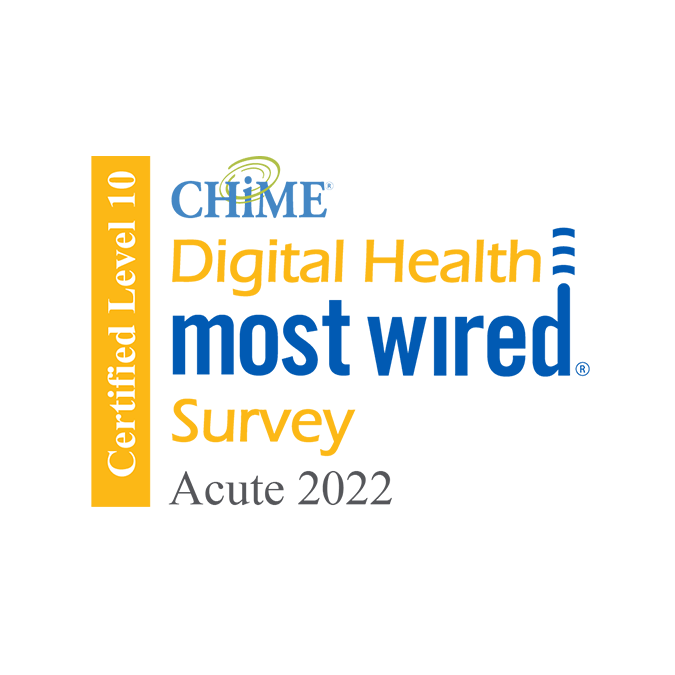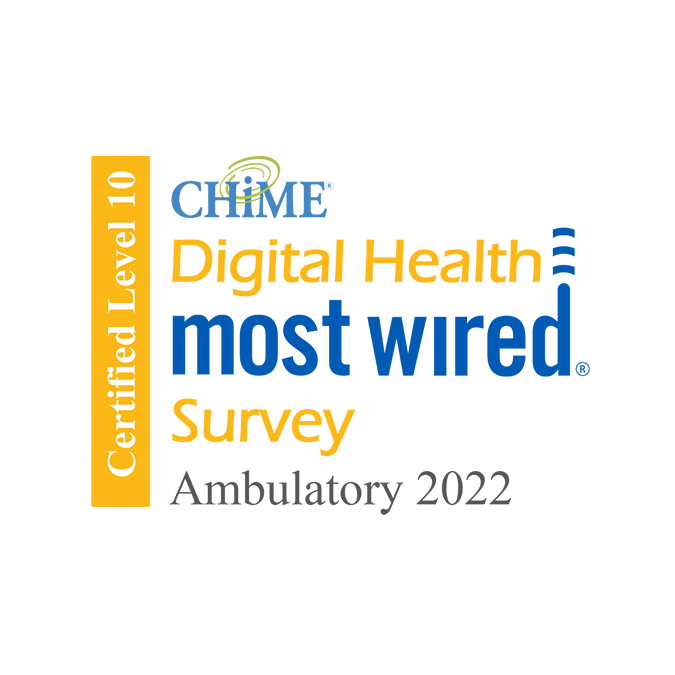MRSA (Methicillin-Resistant Staphylococcus Aureus)
MRSA is a serious, potentially fatal, bacterial infection. Get medical care at the first signs of MRSA.
Medically reviewed by Dean Blumberg, M.D. on Aug. 25, 2023.

Manage MRSA With an Expert Team
Not all methicillin-resistant Staphylococcus aureus (MRSA) skin infections will cause severe symptoms, but it’s important to get medical care at the first signs of MRSA. The infectious disease specialists at UC Davis Health manage common and complex diseases such as MRSA, with a focus on preventing complications.
What Is MRSA?
Methicillin-resistant Staphylococcus aureus (MRSA) is a serious, contagious bacterial infection that starts on your skin. It’s a type of staph infection that resists most common antibiotics, making it especially dangerous. Without treatment, MRSA can be deadly.
MRSA can get deeper into your body and infect your blood, bones, lungs and joints:
- Skin and soft tissue infections
- Bone infections (osteomyelitis)
- Heart valve inflammation (endocarditis)
- Pneumonia
- Sepsis
Anyone can get MRSA, but it is more common in health care settings such as nursing homes or hospitals. It can also affect people who are in close physical contact with others, such as athletes and military personnel.
MRSA Symptoms
MRSA symptoms may be mild or severe.
Common Symptoms
MRSA symptoms might resemble a spider bite or allergic skin reaction at first. Look for:
- Bump on your skin that is hard, painful or tender
- Blister or fluid-filled boil
- Pus or drainage from a wound
- Red or inflamed skin
- Skin that feels warm to the touch
- Swelling around a wound or skin bump
Emergency Symptoms
MRSA can lead to sepsis, a life-threatening medical emergency. Go the nearest emergency room if you have:
- Confusion, disorientation or slurred speech
- High fever, chills or flu-like symptoms
- Rapid heart rate or a weak pulse
- Shortness of breath
- Sweaty, cold or pale skin
Causes of MRSA
MRSA is the result of a Staphylococcus aureus infection. Staphylococcus aureus is a type of bacteria. MRSA is communicable, meaning it can spread from person to person through touch. MRSA may remain on your skin and not cause any problems. But if MRSA enters a wound or other opening in your skin, it can infect your blood, bones, joints and organs.
Open Lesions
MRSA can develop in surgical wounds or sores.
Physical Contact
You can get MRSA by touching someone with infected skin or an infected wound.
Contaminated Items
MRSA can spread through medical equipment like catheters and needles. You can also get it from everyday items such as towels, utensils, razors or bed sheets.
Drug Use
MRSA can enter your bloodstream through shared needles when injecting drugs. People who inject drugs are 16 times more likely to contract MRSA.
Risk Factors for MRSA
You may be at higher risk for developing MRSA if you have any of these risk factors.
Hospitalization
People who have been hospitalized, had surgery or stayed for prolonged periods in nursing or rehabilitation facilities are more likely to get MRSA.
Invasive Medical Devices
People discharged from the hospital with catheters or other access lines for medical treatments, such as dialysis or chemotherapy, are at a higher risk for MRSA.
Occupational Hazards
Workers who come into contact with groups of people or animals, such as military personnel, teachers, daycare workers, healthcare employees and livestock workers, are at increased risk for MRSA.
Sports
Athletes who play sports with heavy physical contact, such as football and wrestling, are at risk. You can also get MRSA from locker rooms and shared sports equipment.
Weakened Immune Systems
People who have lower immune systems due to older age or conditions such as HIV or leukemia are more susceptible to MRSA.
Diagnosing MRSA
We diagnose MRSA by testing a sample of fluid or tissue. We may test your blood or urine or take a swab from a wound or your nostril. We look for the presence of MRSA bacteria.
Results of the MRSA test typically take about 48 hours to come back. Your provider may order a newer type of MRSA test that takes as little as five hours if they think you need immediate treatment.
MRSA Treatments
MRSA is treated differently from other infections because the bacteria are resistant to most antibiotics. The treatment you receive will depend on the severity of your symptoms and how MRSA is affecting your body.
Antibiotics
High doses of oral or intravenous antibiotics may be effective for MRSA. However, your provider will choose the antibiotics carefully – the wrong medication can further increase the bacteria’s antibiotic resistance. We may also recommend antibiotics if you have pneumonia, endocarditis or osteomyelitis.
Incision and Drainage
In some cases, we make a cut in your skin at the site of the infection. We drain infected pus from the area and cover the wound with a bandage. Drainage from the wound is infectious, so it is very important to keep the incision covered at all times.
Debridement
Debridement is a procedure that removes damaged or dead tissue from your body. We may need to do debridement if MRSA is deep inside your body. Some people need multiple debridement procedures over the course of several weeks or months.
Preventing MRSA
You can take steps to reduce your risk of contracting or spreading MRSA.
Don’t Share Personal Items
Avoid sharing razors, towels, bed sheets and other items that could be contaminated with MRSA.
Keep Wounds Covered
Clean and cover scrapes, cuts or other wounds with clean bandages until they have healed.
Take Contact Precautions
Healthcare workers should take appropriate precautions to prevent the spread of MRSA by wearing gloves, gowns and masks when appropriate.
Wash Your Hands
Clean your hands often using soap, water and alcohol-based sanitizer.
“Methicillin-resistant Staphylococcus aureus (MRSA): General Information,” Centers for Disease Control and Prevention (CDC), https://www.cdc.gov/mrsa/community/index.html
Risk
5%Hospitalized patients in the U.S. carry MRSA
Infections
70K+Severe MRSA infections in the U.S. each year
Annual Deaths
<9KPeople die each year due to MRSA
Sources: Centers for Disease Control and Prevention (CDC): Methicillin-resistant Staphylococcus aureus (MRSA): General Information.
CDC: Methicillin-resistant Staphylococcus aureus (MRSA): Preventing Infections in Healthcare
Request an Appointment
As Sacramento's No. 1 hospital, you'll benefit from unique advantages in primary care and specialty care. This includes prevention, diagnosis and treatment options from experts in 150 specialties.
Referring Physicians
To refer a patient, you can submit an electronic referral form or call.
800-4-UCDAVIS
Patients
For questions and appointment information
Consumer Resource Center
800-2-UCDAVIS

Ranked among the nation’s best hospitals
A U.S. News & World Report best hospital in cancer, cardiology, heart & vascular surgery, diabetes & endocrinology, ENT, geriatrics, neurology & neurosurgery, obstetrics & gynecology, and pulmonology & lung surgery.

Ranked among the nation’s best children’s hospitals
A U.S. News & World Report best children’s hospital in diabetes & endocrinology, nephrology, and orthopedics*. (*Together with Shriners Children’s)

Ranked Sacramento’s #1 hospital
Ranked Sacramento’s #1 hospital by U.S. News, and high-performing in COPD, colon cancer surgery, diabetes, heart attack, heart failure, hip fracture, hip replacement, kidney failure, leukemia, lymphoma & myeloma, lung cancer surgery, ovarian cancer surgery, pneumonia, prostate cancer surgery, stroke, TAVR, uterine cancer surgery, gastroenterology & GI surgery, and orthopedics.

The nation’s highest nursing honor
UC Davis Medical Center has received Magnet® recognition, the nation’s highest honor for nursing excellence.

“Most Wired” for acute care
UC Davis Health has been recognized as a level 10 out of 10 in the Digital Health “Most Wired” program from the College of Healthcare Information Management Executives (CHIME). The honor recognizes excellence in using technology to improve the delivery of care.

“Most Wired” for ambulatory care
UC Davis Health has been recognized as a level 10 out of 10 in the Digital Health “Most Wired” program from the College of Healthcare Information Management Executives (CHIME). The honor recognizes excellence in using technology to improve the delivery of care.

World-class cancer care
One of ~56 U.S. cancer centers designated “comprehensive” by the National Cancer Institute.

A leader in health care equality
For the 11th consecutive year, UC Davis Medical Center has been recognized as a “Leader in LGBTQ+ Healthcare Equality.”

